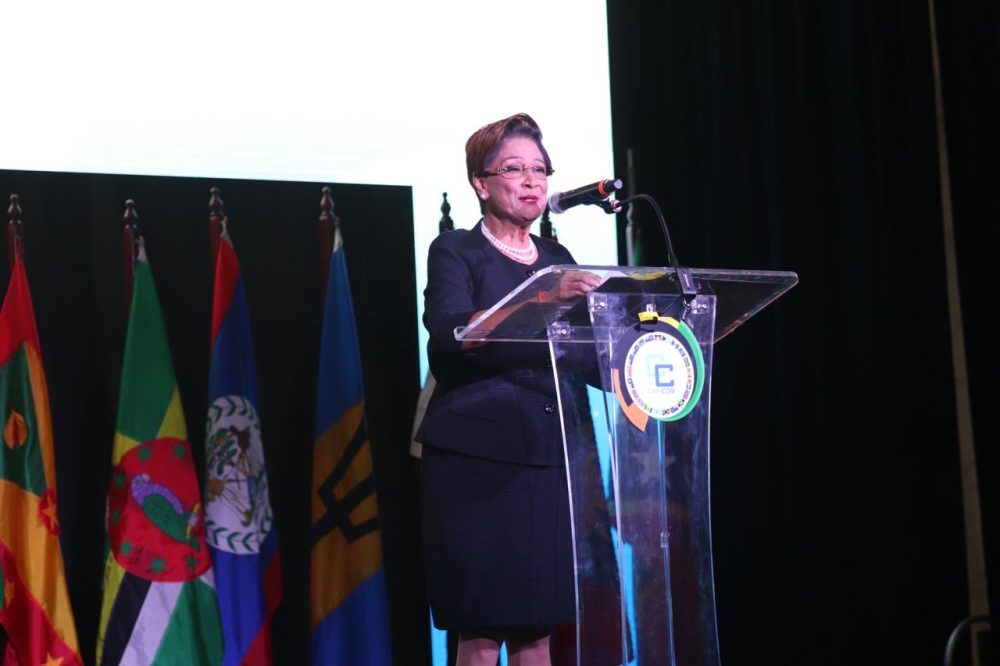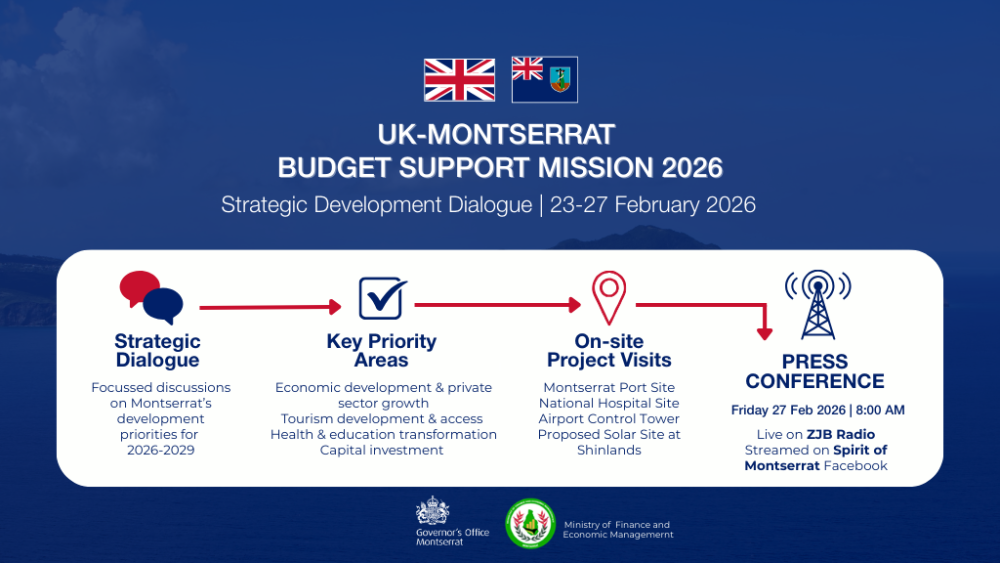
The Caribbean Natural Resources Institute (CANARI) and the Ministry of Agriculture, Trade, Housing, Lands and Environment (MATHLE) will be working with stakeholders from the public sector, civil society, including fisherfolk and their organisations, and the private sector to assess the vulnerability of Montserrat’s fisheries sector to climate change and natural disasters.
From February 18 -24, these stakeholders will build a scaled, three-dimensional model of Montserrat that captures local and scientific knowledge on resource use, livelihoods and areas critical to the fisheries sector, such as landing sites and fishing grounds, to assess vulnerability to climate change and identify potential adaptation actions. As part of this exercise, an action plan for climate change adaptation in the fisheries sector will be produced. A GIS map and database to support spatial planning and decision-making on land use and sustainable fisheries development will also be developed.
The workshop is being conducted under the Darwin Plus: Overseas Territories Environment and Climate Fund project, Climate change adaptation in the fisheries of Anguilla and Montserrat. CANARI, the Fisheries and Ocean Resources Unit, MATHLE – Montserrat, Department of Fisheries and Marine Resources – Anguilla and the Centre for Resource Management and Environmental Studies (CERMES) of the University of the West Indies are implementing the three-year project, from 2017-2020. The overall goal of the project is to mainstream climate change adaptation into fisheries governance and management in Anguilla and Montserrat using an ecosystem approach to fisheries (EAF).
In highlighting the value of the workshop, Montserrat’s Chief Fisheries and Ocean Governance Officer, Alwyn Ponteen, said “The fisheries sector in Montserrat makes a significant contribution to improved livelihoods, food security and nutrition. It is valued at approximately US$0.6 million, with 110 fishers utilizing 23 fishing vessels. Given the intensifying threat of climate change, including more intense tropical storms, increasing sea surface temperatures, sea level rise and ocean acidification, coupled with 22 years of volcanic activity, mainstreaming climate change adaptation is critical to the survival of this important sector.â€
The workshop will serve as a key step in building stakeholder capacity for climate change adaptation and improving livelihoods at the community level through enhanced stewardship of fisheries.
About the Project
Anguilla and Montserrat are particularly vulnerable to the impacts of climate change and variability, such as increased sea surface temperature, intensity of storms and sea level rise, which are expected to trigger a complex series of biophysical and socio-economic impacts on fisheries. Climate change adaptation (CCA) is therefore crucial. The three-year (April 1917 – March 2020) Darwin Plus funded (£260,925) Climate Change Adaptation in the Fisheries of Anguilla and Montserrat project is aimed at mainstreaming CCA into fisheries governance, using an ecosystem approach to fisheries, which should result in improved resilience and sustainability of fisheries, associated livelihoods and conservation of the marine environment in Anguilla and Montserrat. The project is being implemented by CANARI in partnership with the Department of Fisheries and Marine Resources – Anguilla, Fisheries and Ocean Resources Unit – Montserrat and CERMES. See here for more information: http://www.canari.org/climate-change-adaptation-in-the-fisheries-of-anguilla-and-montserrat.
Source:Â http://today.caricom.org/2018/02/20/assessing-vulnerability-to-climate-change-in-montserrats-fisheries-sector/
Discover more from Discover Montserrat
Subscribe to get the latest posts sent to your email.



